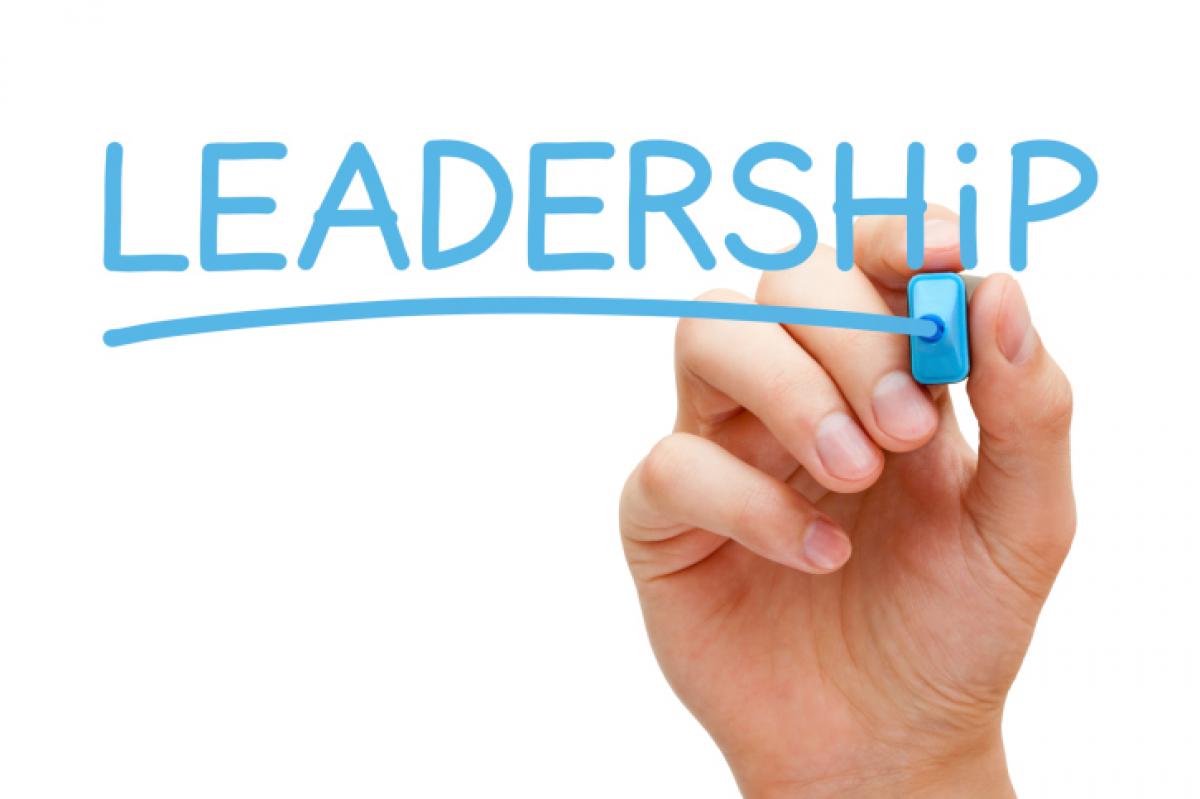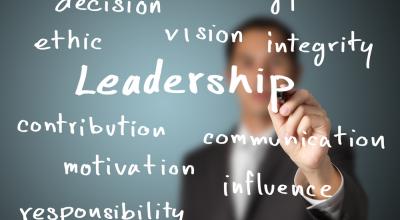
There is more to leadership than being the head of a state, a house, or a community. Leadership can be viewed from at least two perspectives and these angles are talked about in the article.
The first definition of leadership is crafted from the Understand Group and Leadership (UGL) view of leadership that defines the concept as “leadership is the ability of the manager to create the circumstances that allow his or her co-workers personality, knowledge, interests, power of initiative and willingness to cooperate to be taken care of in such a way that the tasks at hand are solved in the best possible way”.
This definition of leadership looks at the leader as not the person that actually does a task, but he or she empowers others to effectively do the task by creating an enabling environment that ensures that the ability of everyone is optimally utilised.
This can be easily related to the pure capitalist state where the leadership or the government as the case may be has no direct control of the economic factors, indicators, and the factors of production. The sole function of the government is to create an environment where businesses can thrive and this would normally be achieved by creating and implementing the right policies in addition to providing the basic infrastructure.

The other leadership definition is coined from Anthony Robbins’ definition of leadership that states that leadership is the ability to see things as they are, to see things as better than they are and then to make them as you see it. This is not too far from the first definition. It however brings the concepts of honesty and a futuristic view to the idea of leadership.
The first role of a leader in this context is to honestly view the situation of things as they are. This means the situation should not be portrayed as being better or worse than it actually is. This is a great quality all leaders should possess which means not getting carried away by the situation but stating the case as it is.
The second role of seeing things as better than they are simply means dreaming or inspiring to see a better situation. Not just a better situation but one that is feasible. It requires being a leader with a vision and this would require excellent communication as leadership is not a function of the man or woman at the top.

The final phase of leadership here is to bring that dream or vision to reality. This can be said to be the core of leadership itself. The characteristics of being a good leader which will include excellent communication skills, motivational skills, and the boldness to make the vision come true. This means that even as you wish and strive to make the situation better, the task cannot successfully be achieved without the support of others.
Having said this, it can clearly deduced that leadership requires some features and a successful leader is one that carries his or her followers along.


Leave a Reply